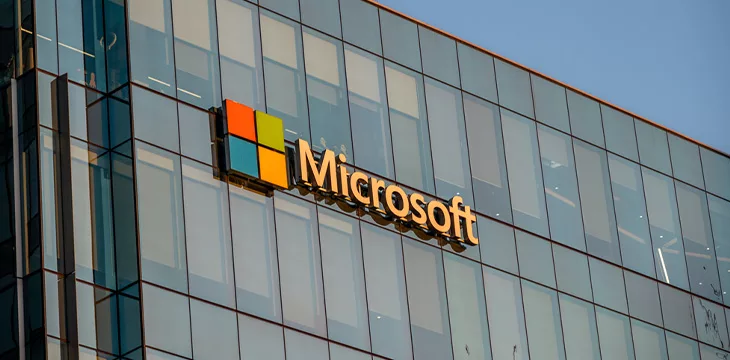|
Getting your Trinity Audio player ready...
|
The Saudi Ministry of Media and Microsoft Arabia (NASDAQ: MSFT) has signed a memorandum of understanding (MoU) to explore a wholesale integration of artificial intelligence (AI) for local media in the Gulf state.
The partnership will cover several areas in the media ecosystem, including television, radio, and print, to bring the industry to par with its contemporaries in other regions. The collaboration is expected to provide the ministry with advanced solutions “to improve the quality of local media content.”
Microsoft will offer the ministry its advanced AI offerings including Copilot and its new range of small language models (SMLs) to improve media productions in the oil-rich country. The partnership is projected to yield positive results for data analysis, security solutions, and machine learning integrations across the board.
Several high-ranking officials from both entities attended the MoU signing ceremony, with Microsoft Arabia President Turki Badhris representing the technology giant.
Speaking with journalists after the signing, Badhris hinted at the monetary benefits of AI integration with the local media ecosystem for the broader economy. He noted that a full embrace could increase the country’s gross domestic product (GDP) up a notch, allowing the country to tell its own stories without Western influences.
Saudi Arabia’s media deal with Microsoft has come under fire, with critics poking holes in the country’s tight leash over the use of large language models (LLMs). The loudest voices argue that the authoritarian state could use its newfound access to Microsoft’s AI tools to perpetuate discrimination against minorities.
“Human rights defenders and journalists are frequent targets of government crackdowns in UAE and Saudi Arabia,” read a report from the Center for Democracy and Technology. “Pair this with the fact that we know how AI can have a discriminatory impact or be used to turbocharge unlawful surveillance.”
In 2023, the country signaled an intention to limit the influence of Western-based AI models by rolling out AceGPT, a localized model with an “alignment with local values.” With a resolve to match the pace of European and North American counterparts, Saudi Arabia ordered 3,000 high-end chips from Nvidia (NASDAQ: NVDA) to control its computational power.
Breaking the bank for frontline technologies
Keen to diversify its economy from oil, Saudi Arabia has turned to emerging technologies with AI and blockchain at the top of the pyramid.
The country has struck a partnership with Microsoft and PwC Middle East to establish an AI center of excellence to deepen the talent pool for emerging firms in the space. Saudi Arabia is wading into the space with an impressive war chest of over $40 billion in addition to the political will to achieve its long-term digitization ambitions.
“We are fairly well positioned to be an AI hub outside of the US,” said Public Investment Fund (PIF) Governor Yasir Al-Rumayyan. “AI will consume a lot of energy and we are the global leader when it comes to fossil fuel energy and when it comes to renewable energy.”
In order for artificial intelligence (AI) to work right within the law and thrive in the face of growing challenges, it needs to integrate an enterprise blockchain system that ensures data input quality and ownership—allowing it to keep data safe while also guaranteeing the immutability of data. Check out CoinGeek’s coverage on this emerging tech to learn more why Enterprise blockchain will be the backbone of AI.
Watch: How blockchain will keep AI honest

 07-18-2025
07-18-2025 





